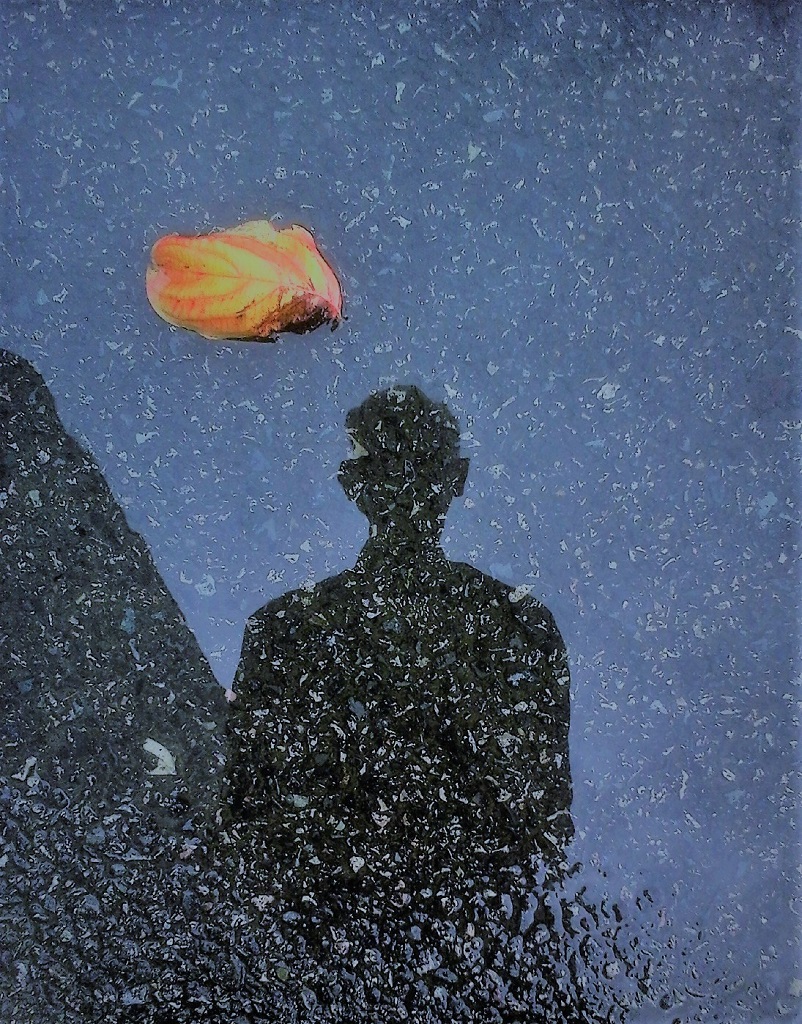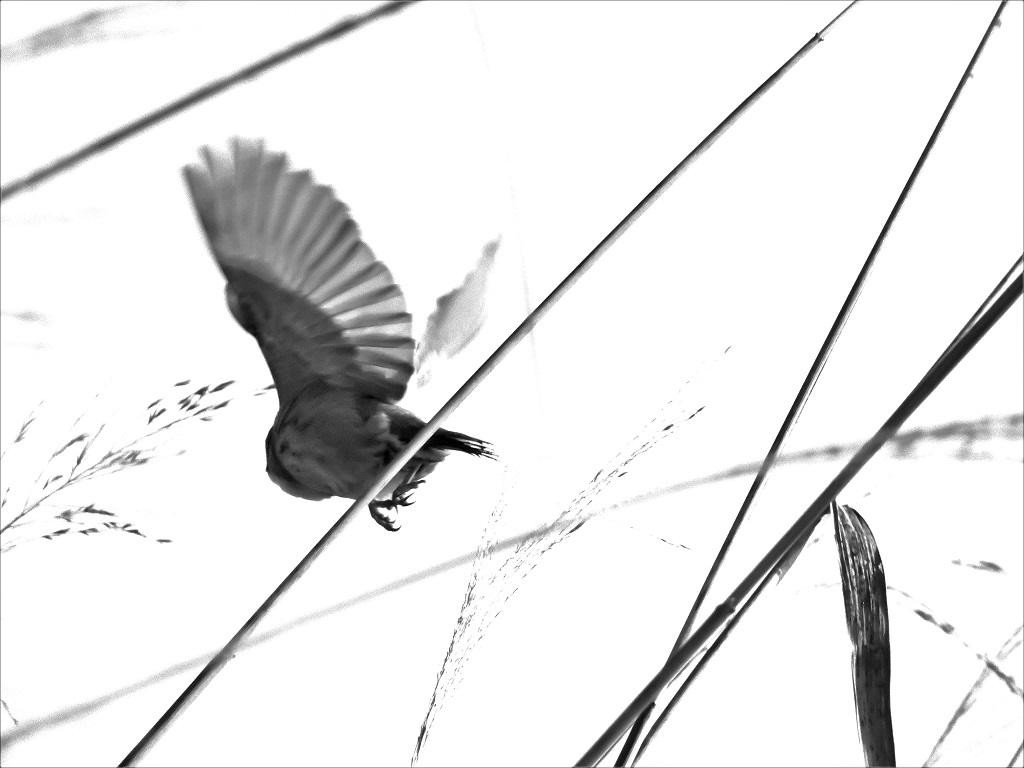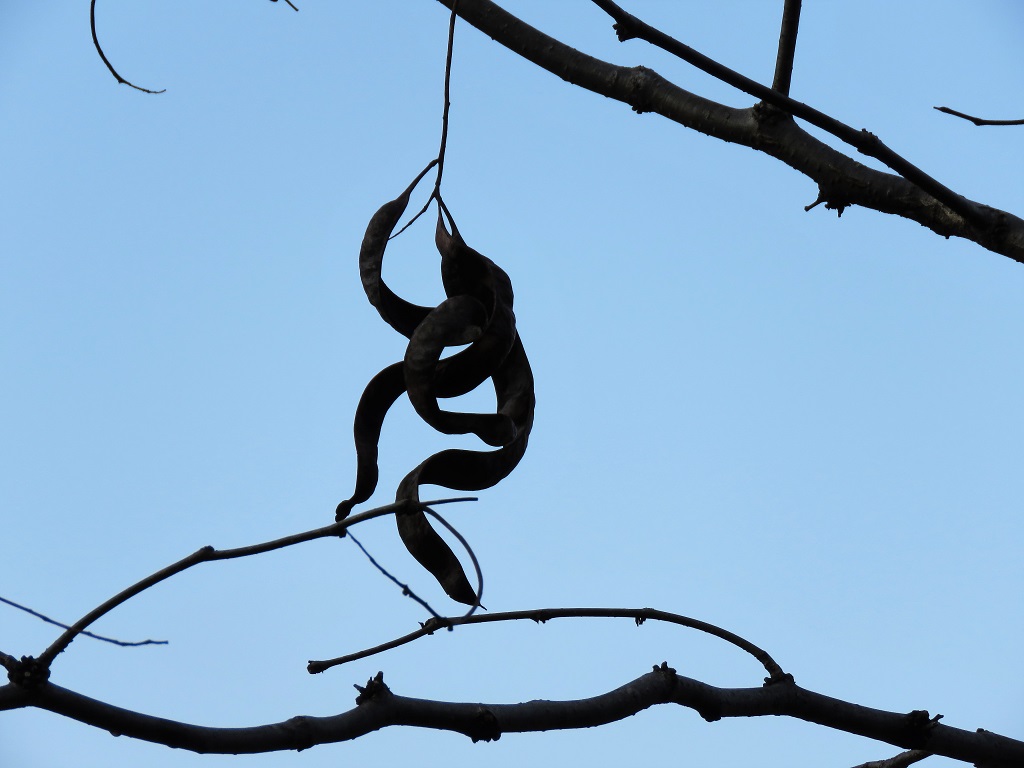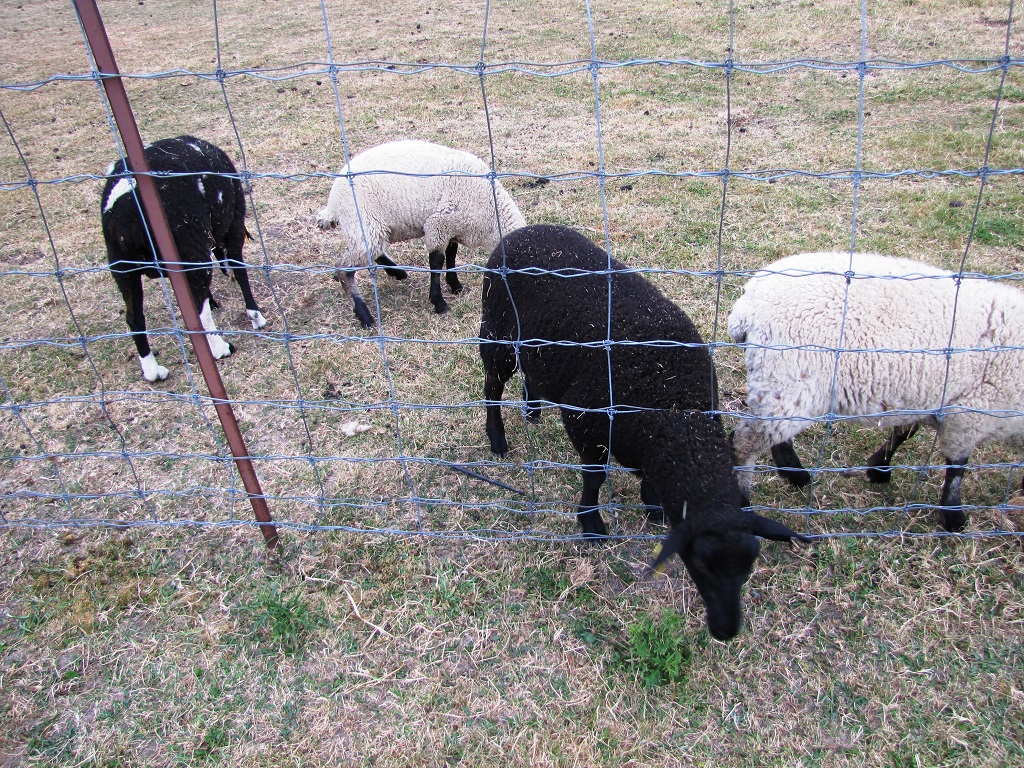Free Will and Failure
You are obliged by the most basic necessities of nature to make choices. You should therefore make your choices with the greatest degree of attention, the widest range of understanding, and the most serious appreciation for the extent to which your freedom to choose in any given circumstance is a gift that will come only once. But there is one more element of...







